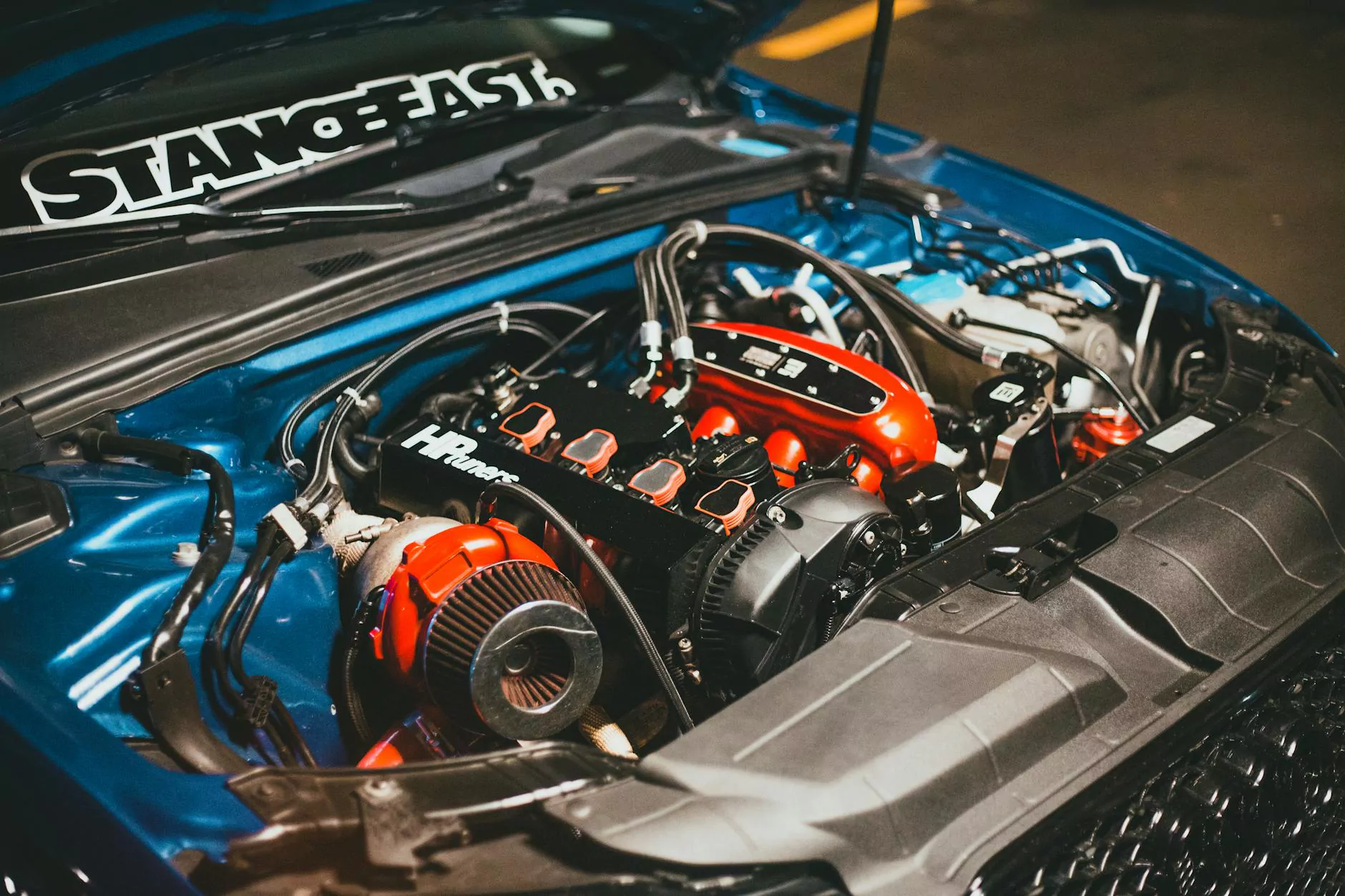Mercedes OM617 and OM603 Turbo Diesel Key Reason For Turbo Charger Failure

Introduction
Welcome to Grafco Electric, your ultimate source for comprehensive tech help videos and support for Mercedes OM617 and OM603 turbo diesel engines. In this article, we will discuss the key reason behind turbo charger failure in these engines and provide you with important insights and tips to prevent it.
Understanding Turbo Charger Failure
A turbo charger plays a crucial role in enhancing the performance and efficiency of a diesel engine. However, failure of the turbo charger can result in a significant decrease in engine power, poor fuel economy, and potential damage to other engine components.
One of the primary causes of turbo charger failure in Mercedes OM617 and OM603 turbo diesel engines is oil contamination. Over time, the oil that lubricates the turbo charger can accumulate impurities and debris. These contaminants can clog the turbocharger's oil passages, impairing its performance and ultimately leading to failure.
The Impact of Oil Contamination
When the turbo charger's oil passages become clogged with contaminants, it restricts the flow of oil to critical components within the turbocharger. This restriction leads to inadequate lubrication and increased friction, causing excessive heat and wear on the turbocharger's moving parts.
As the turbocharger operates at high speeds and temperatures, the degradation of lubrication due to oil contamination can result in accelerated wear and tear. This can ultimately lead to the failure of crucial components such as the turbine wheel, compressor wheel, or bearings, jeopardizing the overall performance and reliability of the engine.
Preventing Turbo Charger Failure
To avoid turbo charger failure and ensure the longevity of your Mercedes OM617 and OM603 turbo diesel engine, it is essential to take proactive measures to combat oil contamination. Here are some key preventive steps:
1. Regular Oil and Filter Changes
Regularly change the engine oil and oil filter as recommended by Mercedes. This helps maintain a clean and properly lubricated environment for the turbo charger, minimizing the risk of oil contamination.
2. Quality Oil and Filtration
Ensure that you use high-quality synthetic or semi-synthetic oil with the correct viscosity rating, as specified by Mercedes. Additionally, invest in a reliable oil filtration system to remove impurities effectively and maintain optimal oil cleanliness.
3. Warm-Up and Cool-Down
Allow your engine to warm up and cool down properly before and after driving. This helps prevent potential oil sludge buildup, which can contribute to oil contamination and turbo charger failure.
4. Address Any Oil Leaks
Regularly inspect your engine for oil leaks and promptly address any issues. Oil leaks can contribute to oil contamination, indirectly affecting the turbo charger's performance and reliability.
5. Regular Inspections
Schedule regular inspections and maintenance checks with a qualified technician who specializes in Mercedes OM617 and OM603 turbo diesel engines. They can identify early signs of turbo charger degradation and recommend appropriate action to prevent failure.
Conclusion
In summary, oil contamination is a significant factor contributing to turbo charger failure in Mercedes OM617 and OM603 turbo diesel engines. By adhering to proper maintenance practices and taking preventive measures, you can significantly reduce the risk of turbo charger failure and ensure the optimal performance and longevity of your engine.
At Grafco Electric, we are passionate about helping Mercedes turbo diesel engine owners overcome technical challenges and maintain their engines in top condition. Watch our comprehensive tech help videos and explore our resources to access expert knowledge, guidance, and support for your engine needs.




